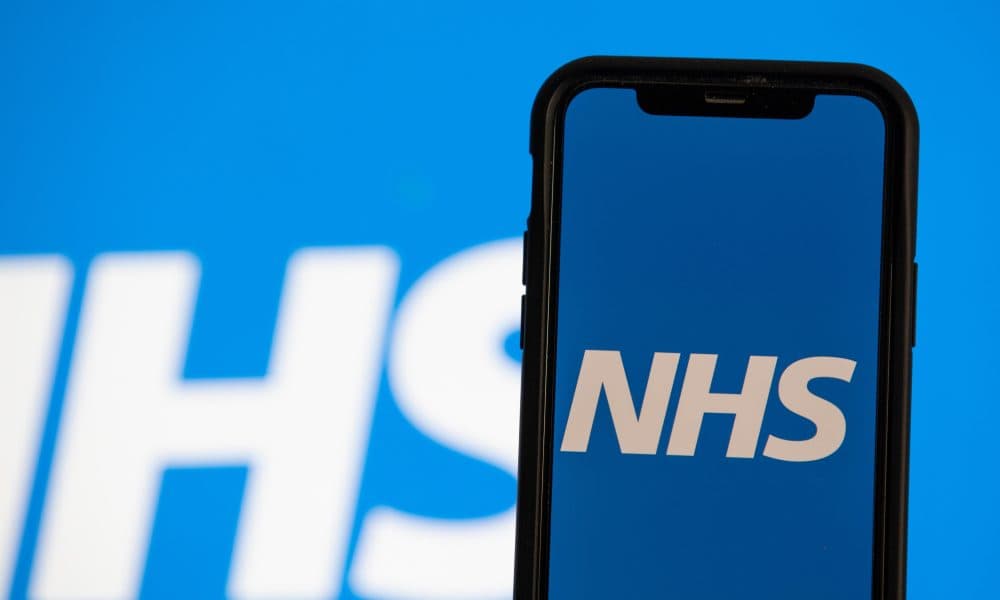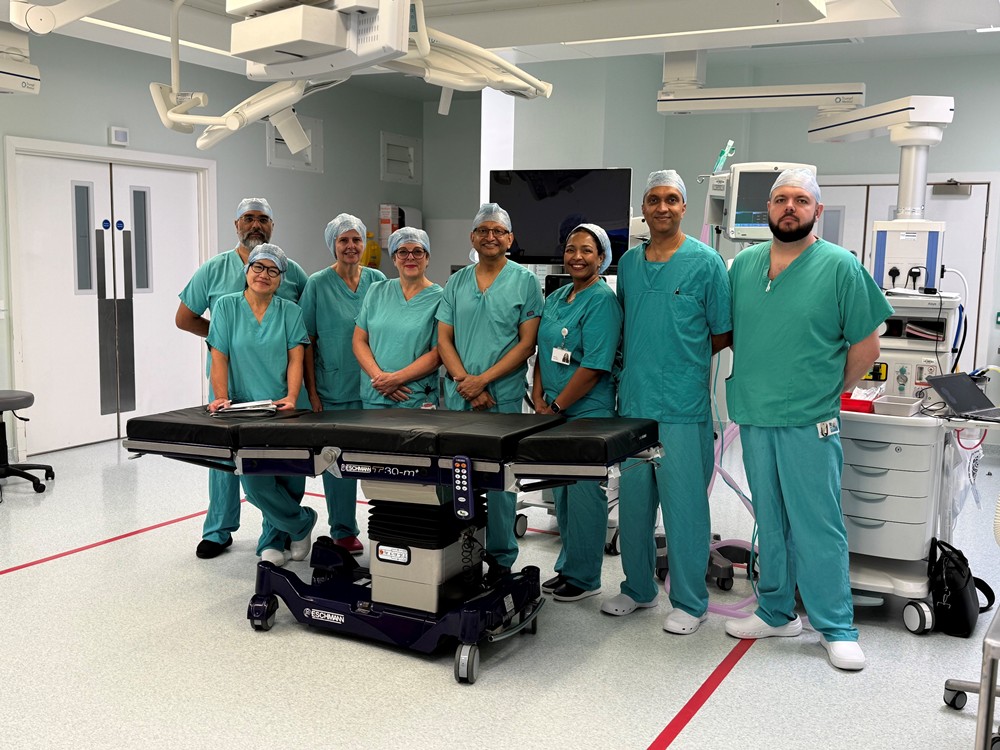Insight
By Gil Bashe, managing partner, chair Global Health and Purpose, FINN Partners and HTW correspondent As investors return and IPOs loom, biotech leaders navigate the delicate balance between scientific mission and market maturity. The biotechnology sector remains one of the most dynamic frontiers in modern medicine, yet it remains one of its most financially fragile. [...]
By Craig Millard, MD (EVP) @ Harris Health Alliance The NHS 10-Year Plan outlined a bold vision for a more joined-up, digitally enabled, patient-centred, and community-focused health service. Six months on, and the headlines continue to focus on the shiny new, groundbreaking tech and its potential for transformation. That’s all well and good, but that [...]
George A. Gellert MD, MPH, MPA, is an epidemiologist focused on using information technology to improve public health outcomes. In this article he discusses the findings from his recent research collaboration with Imprivata, just published in the peer reviewed journal Advances in Health Information Science and Practice (AHISP), the official journal of the American Health [...]
More than 750,000 women are currently waiting for hospital gynaecology services, including routine, non-cancer referrals. In England alone, over 580,000 people are waiting for non-cancer gynaecology treatment, with almost half waiting beyond the NHS target of 18 weeks, and more than 18,000 women have been waiting for over a year. “These are not just numbers,” [...]
People are more likely to open up about their health to artificial intelligence (AI) than to their doctors, according to a new white paper from UK digital health company Aide Health. The report, “Building Patient Trust in AI,” reveals a striking contradiction at the heart of modern healthcare: while most people still feel uneasy about [...]
The NHS England Medium-Term Planning Framework 2026–2029 sets out a vision for transforming how care is delivered. With targets like treating 92 per cent of patients within 18 weeks, reducing diagnostic waits to under six weeks for 99 per cent of patients, and treating 85 per cent of cancer patients within 62 days, the Framework [...]
GLP-1 drugs like Ozempic and Mounjaro have transformed weight management around the world, with everyone from celebrities to the NHS touting their benefits for weight loss and type 2 diabetes. Health Tech World speaks to MetaVia CEO Hyung Heon Kim about the history of GLP-1s and the challenge of establishing a new drug in a [...]
Artificial intelligence is transforming healthcare, from diagnostic algorithms that spot diseases earlier to systems that reduce administrative burden. But as hospitals race to adopt these tools, clinicians and patients alike are left wondering: How do we harness AI's potential without losing the empathy and human connection at the heart of healing? We asked our members [...]
One Ashford Hospital has announced the launch of a new comprehensive bariatric surgery and weight management service, designed to meet the growing demand for safe and effective weight loss treatments across Kent and the Southeast. The service is led by three of the region’s most experienced bariatric surgeons - Mr Basu, Mr Mamidanna, and Mr [...]
By Afshin Attari, Senior Director of Public Sector at Exponential-e The level of legacy debt varies widely across the NHS. A recent report from the Department of Science Technology and Innovation (DSIT) has revealed that legacy technology can range from as little as 10 per cent to as much as 60-70 per cent. This reliance [...]













